The world of biohacking has entered uncharted territory with the rise of self-experimenters who are taking genetic editing into their own hands. These modern-day pioneers, often working outside traditional scientific institutions, are pushing the boundaries of what it means to modify human biology. Their stories reveal a complex intersection of ambition, ethics, and raw scientific curiosity that challenges our understanding of medicine and human enhancement.
Josiah Zayner, a former NASA scientist, became one of the most prominent figures in this movement when he livestreamed himself injecting CRISPR components into his arm at a 2017 biotech conference. His goal? To suppress the myostatin gene and increase muscle growth. While the results were inconclusive, his very public experiment ignited global conversations about the accessibility of gene-editing technology and who should control it.
The tools of genetic modification, once confined to well-funded laboratories, have become increasingly available to determined amateurs through online marketplaces and open-source biology communities. This democratization has led to a proliferation of garage labs where biohackers attempt everything from altering their microbiomes to engineering novel therapies for chronic conditions. The phenomenon raises profound questions about safety, oversight, and the very nature of scientific progress.
Medical professionals warn that self-experimentation with gene editing carries significant risks, including potential off-target effects that could lead to cancer or other serious health consequences. Unlike clinical trials, these DIY procedures lack proper controls, peer review, or follow-up monitoring. Yet the biohackers counter that traditional research moves too slowly for patients with urgent medical needs, and that personal autonomy should include the freedom to modify one's own body.
The community includes diverse motivations. Some seek to cure themselves of genetic disorders after losing hope in conventional medicine. Others pursue enhancement - trying to boost intelligence, extend lifespan, or develop novel senses. A smaller faction views biohacking as political activism against what they see as excessive government control over biotechnology. This spectrum of intentions makes the phenomenon difficult to categorize or regulate uniformly.
Perhaps the most disturbing aspect of this movement involves underground networks sharing experimental genetic therapies with little quality control. Reports have emerged of individuals injecting themselves with untested compounds purchased from shadowy online vendors. These practices have already led to hospitalizations, though the full extent of complications remains unknown as many experimenters avoid medical attention to prevent scrutiny.
Ethicists remain divided. Some argue that self-experimentation has historical precedent in medical breakthroughs and that excessive regulation could stifle innovation. Others maintain that gene editing differs fundamentally from previous forms of self-experimentation due to its potential for permanent, heritable changes to human biology. The debate touches on fundamental questions about risk tolerance in scientific progress and the role of institutions in protecting individuals from themselves.
As the technology continues to advance and become more accessible, society faces difficult choices about how to respond to this growing movement. Potential paths forward range from strict prohibition to creating safe frameworks for citizen science. What remains clear is that the genie of democratized genetic engineering cannot be put back in the bottle - the experiments will continue whether sanctioned or not.
The stories of these biohackers reveal a deeper cultural shift in how we view the human body and its potential for modification. In an era of accelerating technological change and growing distrust of institutions, the appeal of taking biology into one's own hands proves powerful. Their experiments may foreshadow a future where human enhancement becomes routine, or serve as cautionary tales about the dangers of unbridled scientific ambition. Either way, they force us to confront profound questions about what it means to be human in an age where we can rewrite our own genetic code.
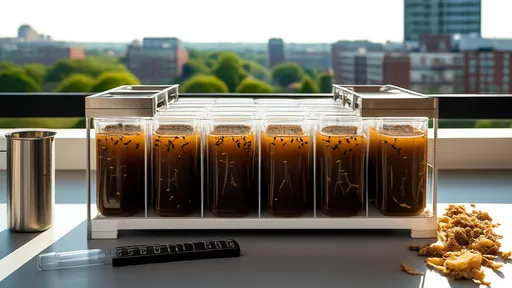
By /Jul 29, 2025
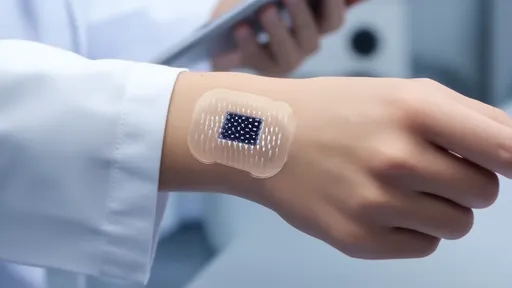
By /Jul 29, 2025
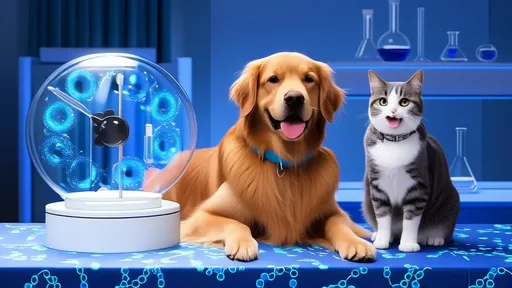
By /Jul 29, 2025

By /Jul 29, 2025
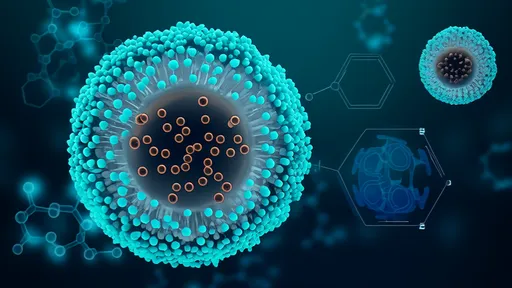
By /Jul 29, 2025

By /Jul 29, 2025

By /Jul 29, 2025
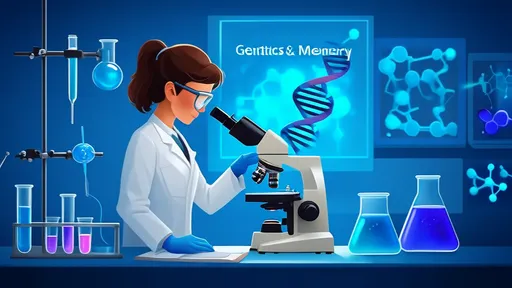
By /Jul 29, 2025

By /Jul 29, 2025

By /Jul 29, 2025
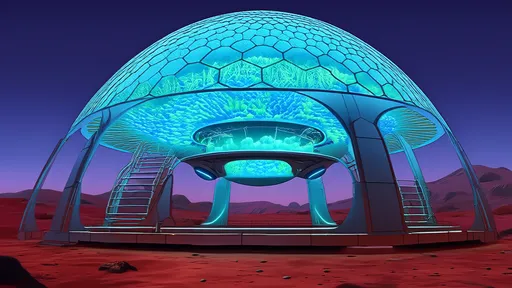
By /Jul 29, 2025
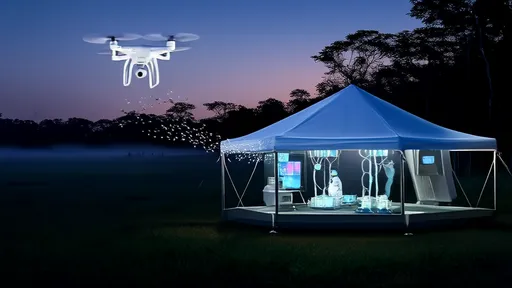
By /Jul 29, 2025
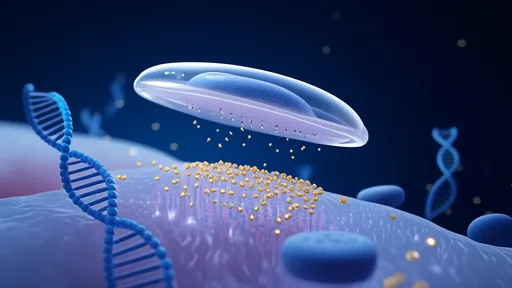
By /Jul 29, 2025
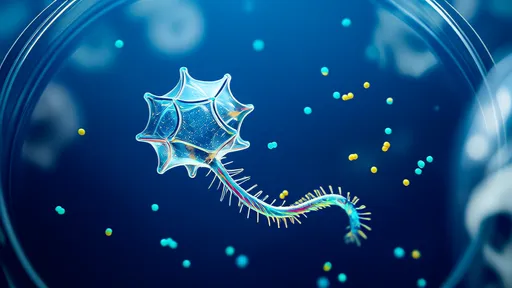
By /Jul 29, 2025
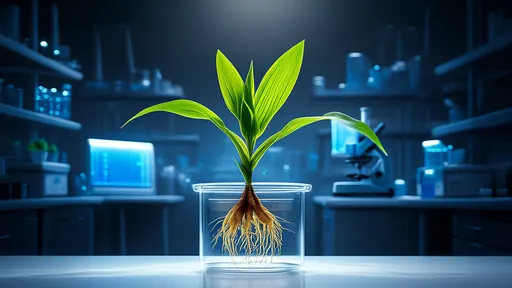
By /Jul 29, 2025
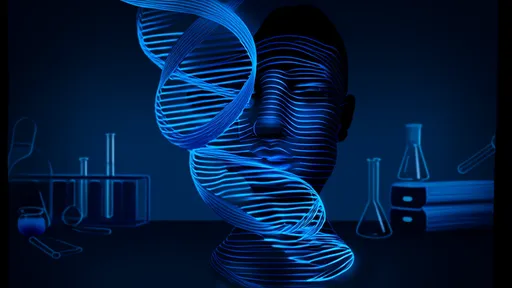
By /Jul 29, 2025
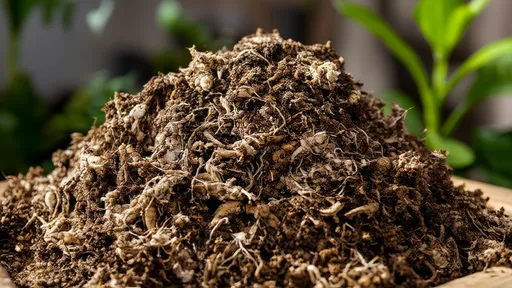
By /Jul 29, 2025
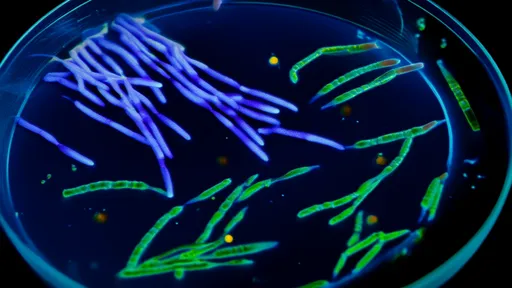
By /Jul 29, 2025